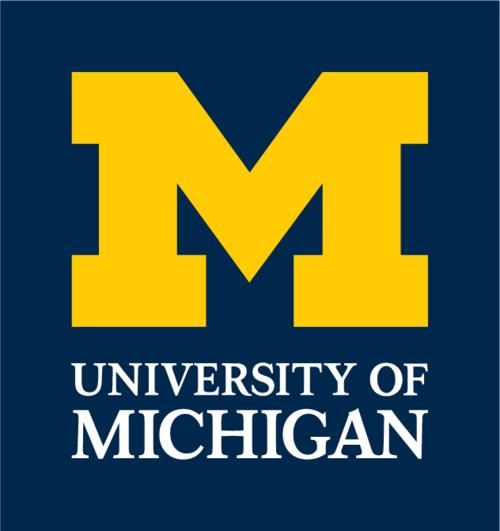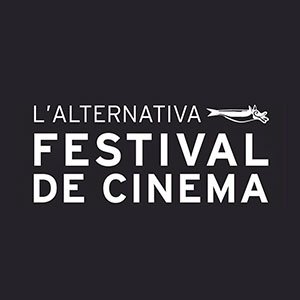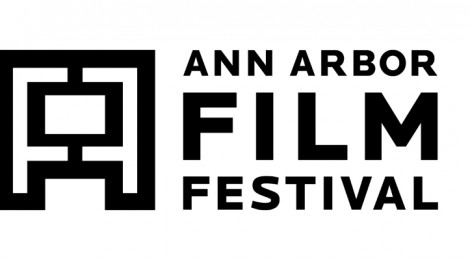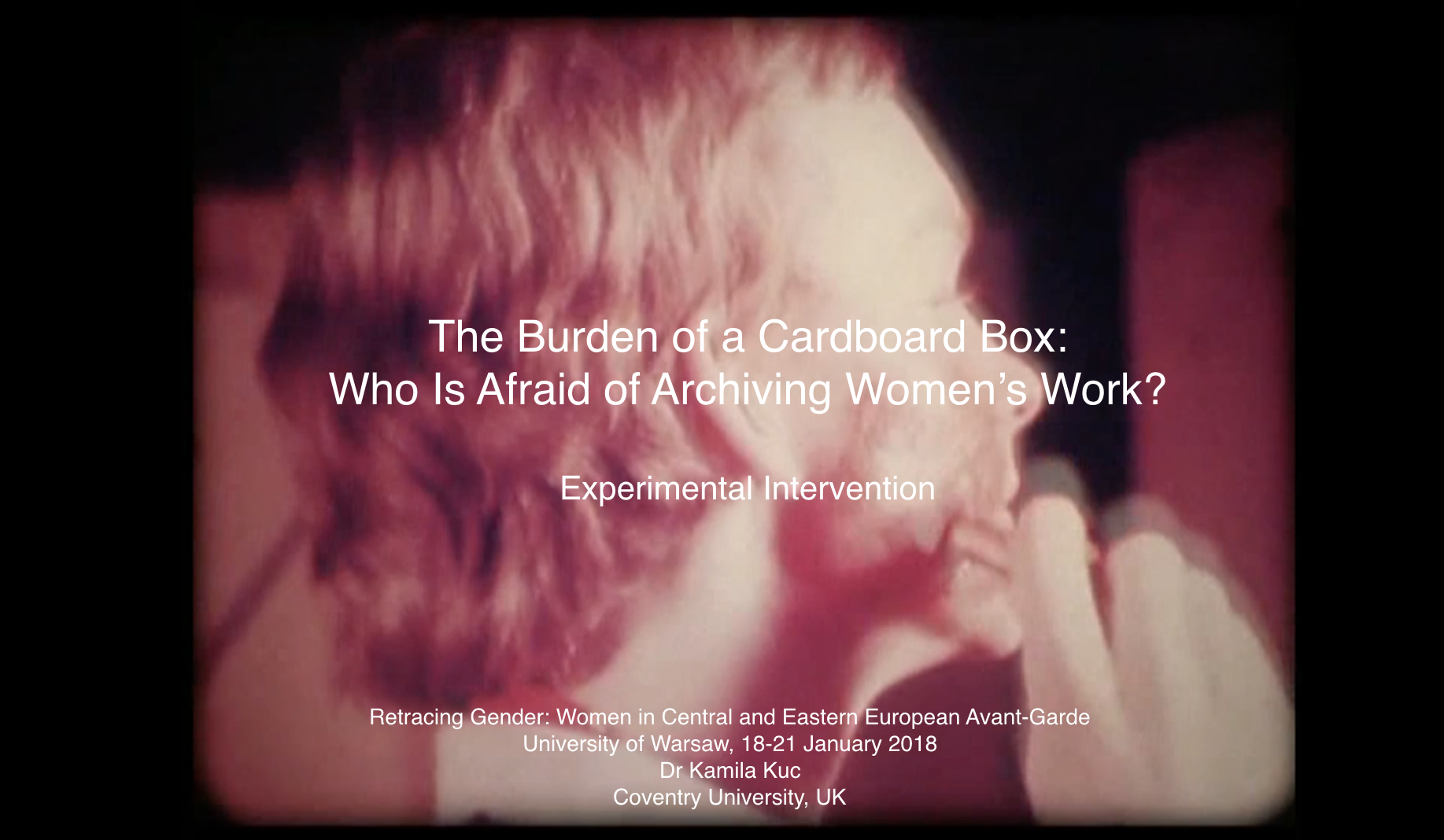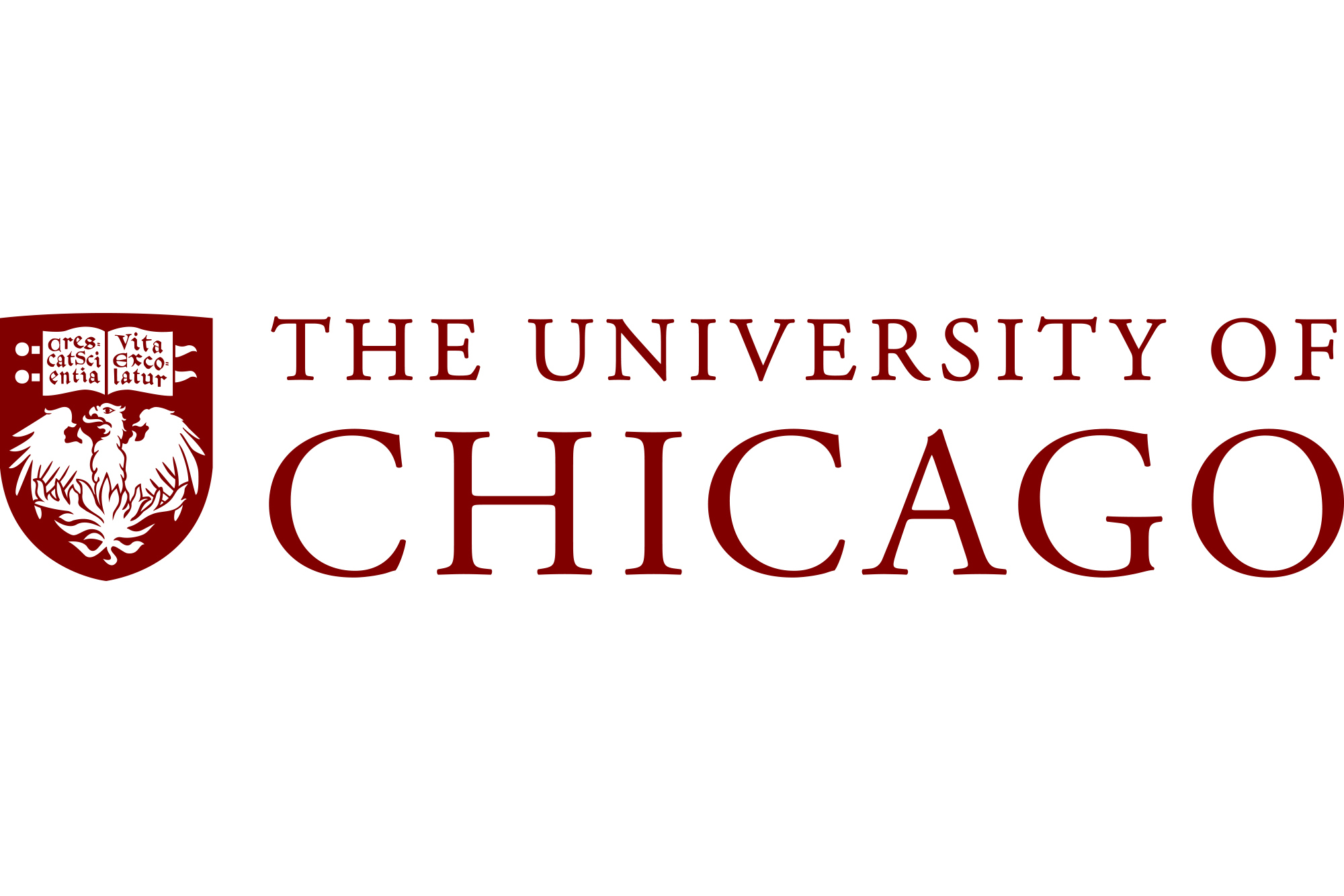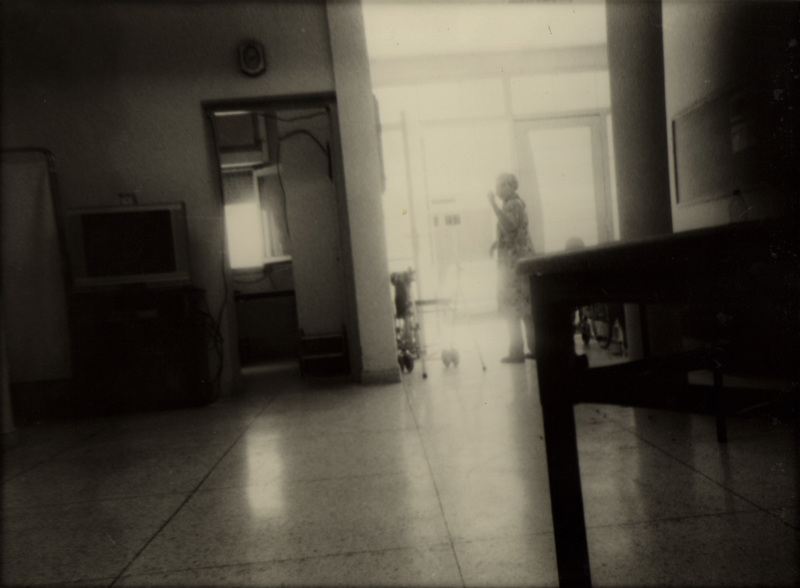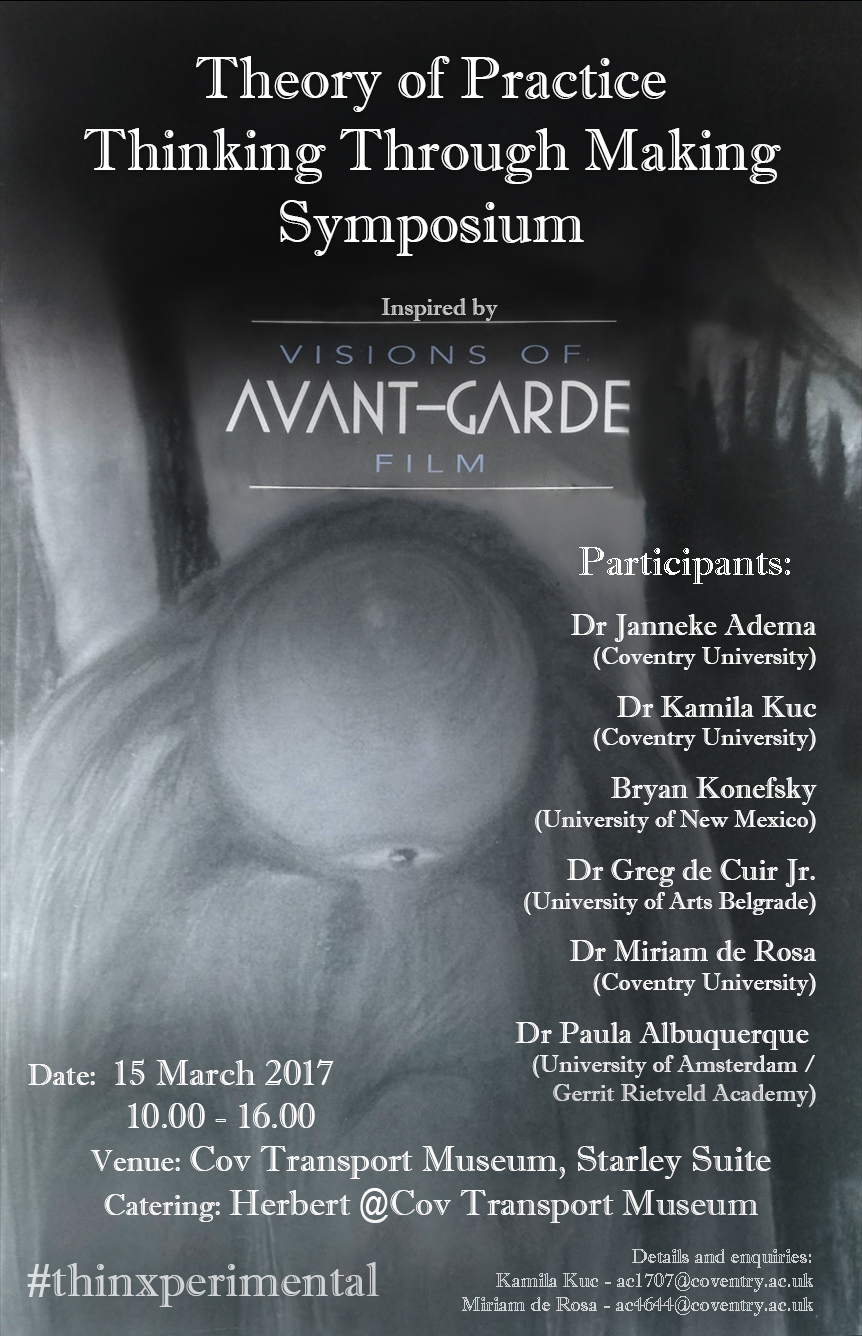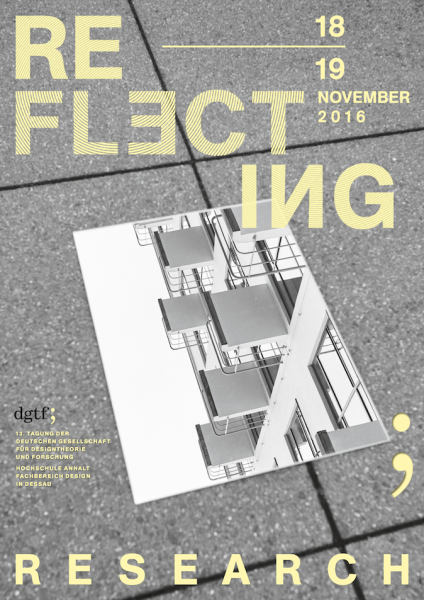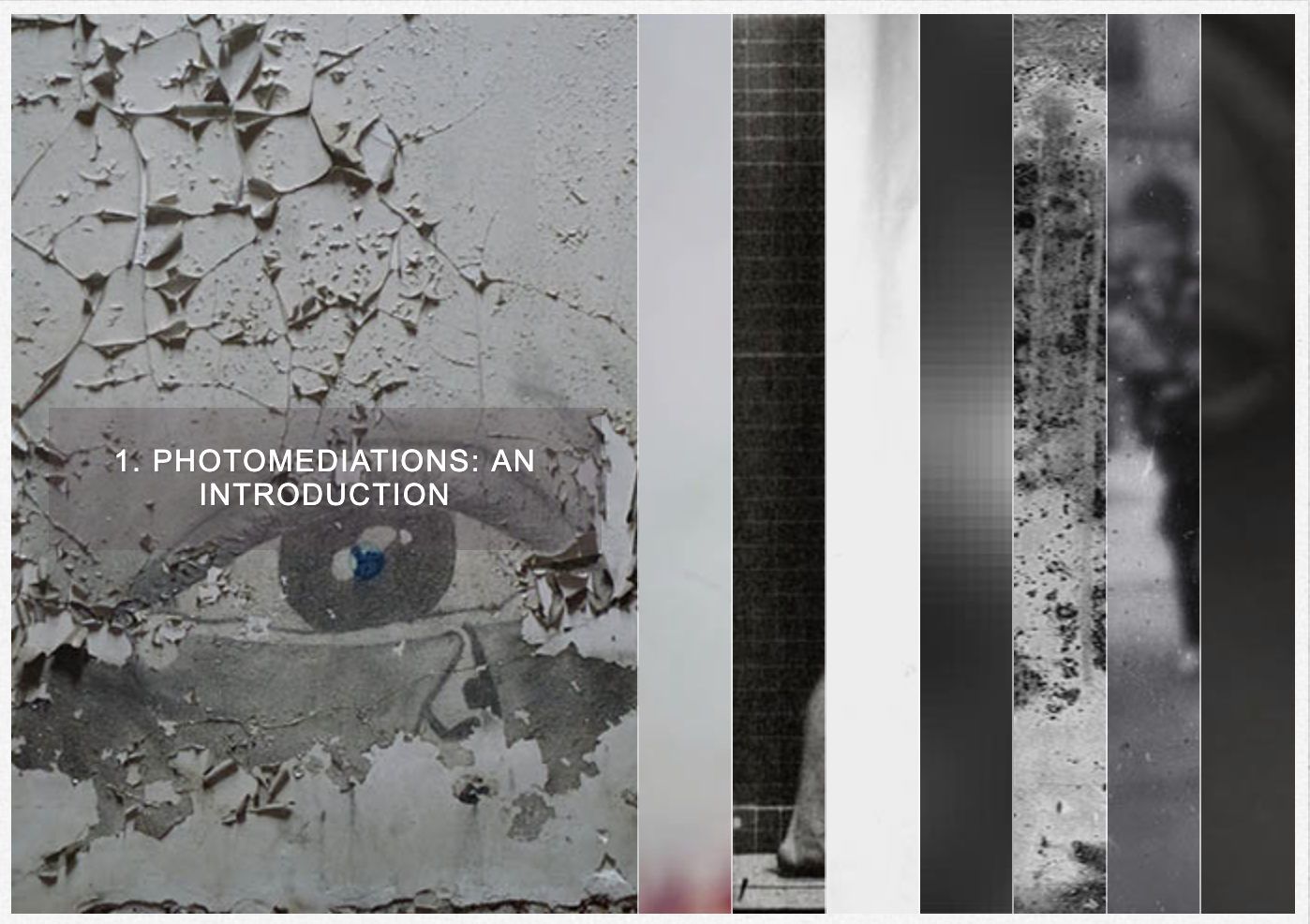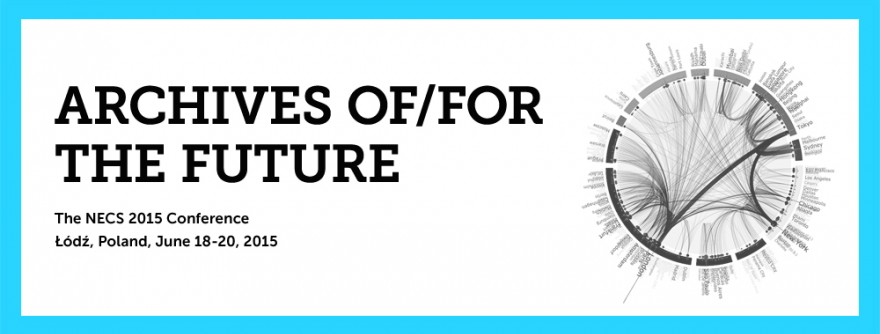‘Body as Archive: Care, Trust and Collaboration in Hybrid Moving Image Practices’, Penny Stamps School of Art & Design, University of Michigan, 25 March, 2024, 4.30 pm.
‘Cinematic Alliances / Echoes of Resilience: Performative and Experiential Archiving and Co-Creation of Situated Knowledges’ paper,
Uncensoring: Cultural Heritage Network Symposium, Department of Digital Humanities, King’s College, London, 12 March 2024, 12-5pm online.
What We Shared as part of the Show & Tell, Imperial War Museum, London, 12 February, 2024, 2pm.
“What We Shared: Towards the Politics of Empowerment”, panel discussion ‘Dust: temporality and haunting in the cinematic mediation of the past’, with Vesna Lukic and Jill Daniels, Visible Evidence: Images of History conference, 11 August 2022.
‘Conversation: Territoriality’, a participant of a live conversation with Mimesis Documentary Festival 2022 artists on decoloniality and politics of form, 7 August 2022, 10.00, Dairy Art Centre, Boedecker Theatre, Boulder, Colorado.
What We Shared: Emotions as Documents of Historical Significance Artist Talk, Center for Russian, East European, and Eurasian Studies, International Institute, University of Michigan, Ann Arbor, Michigan, 23 March 2022. Now available here.
How do artists respond to events that shatter pre-existing ways of apprehending the world? Looking at What We Shared, a hybrid artist film set in a de facto state of Abkhazia, this illustrated artist talk proposes that in order to effectively process and offer valuable insights into the "unrepresentable" events that contain multiple truths (war, ethnic conflict), it is necessary to examine emotions as documents of historical significance.
Informed by the writings of Svetlana Alexievich, Svetlana Boym and Viktor Shklovsky, this talk argues that engaging with archive, memory, and trauma today requires experiential responses to testimony and that these responses challenge the rigidly defined categories of "objectivity," "fact," and "fiction."
Collective presentation as ‘Workshop 4: Archival Burnout in the Age of Vulnerability: [Disobedient] Commons and their Dilemmas, Speculations, Emotions’, part of The Whole Life. Archives & Imaginaries, The Whole Life Academy, Haus der Kulturen der Welt (HKW), Berlin, 18 March 2022.
Performative and Experiential Archiving: Negotiating Modes of Creativity in Conflict Zones Talk, University for the Creative Arts, Farnham, 17 March 2022.
Following the 1992-93 war with Georgia, Abkhazia was recognised by the Russian Federation, yet it remains a de facto state that is isolated from the international community. In this talk I will engage with my method of performative and experiential archiving to propose that engaging with archive, memory and trauma today requires experiential responses to testimony.
‘Funding Experimental Filmmaking: The Challenge of Making Non-Commercial Films’, panel discussant, L’Alternativa 2021: Barcelona Independent Film Festival, Auditorium, Centre for Contemporary Culture Barcelona, Spain, 19 November, 10 am.
6 August - 30 September 2021
Photography as a Diary: participatory workshop
In this workshop participants of Hart School were given disposable cameras to photograph their everyday surroundings and experiences.
Part of an ongoing Communities of Archives project.
29 September 2019
Framing the Past, Staging the Future: Masterclass, Café Candelabro, Porto, 29 September 2019, 15.00.
‘In this performative, interactive talk, director Kamila Kuc will describe her work-in-progress that originated in the de facto state of Abkhazia in 2016. Illustrated with excerpts from the project and followed by a Q&A with the audience, Kuc will discuss her work with archival materials, people’s testimonies, as well as her experiments with verbatim theatre methods.’
6 December 2018
Invited Guest, Seeing Differently: Experimental Film from Gallery to Cinema, Kings College London Film Studies Festival, Nash Lecture Theatre, King's College London. Accompanied by the screening of Batum (2016).
In an age where we all have the tools to create filmic content, KCL Film Studies Festival has selected the best of a diverse range of directors, whose works span from dream-like compositions to cyber-real video games to question the place and roles of experimental film and video practices in shaping society today and how it brings to light topics otherwise untold by mainstream cinema.
Come join us and discover boundary-expanding avant-garde cinema followed by a panel discussion with London's filmmaking talent such as: William Kennedy, a NOWNESS featured director as well as our underground favourite Kamila Kuc, featured in film festivals worldwide including BFI and ICA, Alchemy Film & Moving Image Festival, Ann Arbor Film Festival, Experiments In Cinema, Montreal Underground Film Festival. (others TBA).
4 May 2018
Invited lecture, 'Polish Futurist Writing and Cinematic Imagination', MDRN Lecture Series, University of Leuven, Belgium.
‘Histories of inter-war avant-garde arts are not straightforward at most times. This is particularly the case with Polish avant-garde films since almost all of them were lost and destroyed during World War II, thus. In an attempt to experiment with new methodologies to research such lost treasures, I began a curious process of imagining how these moving images might have looked like. I To that end, my scholarship eventually became concerned with the traces of Polish avant-garde films in other media, namely, literature. I want to say here that I am not a scholar of literature but a filmmaker and a film historian and that my understanding of Polish Futurist writings is presented here through the prism of film.’
25 March 2018
'What the Hell Was That?!', discussion panel, the 56th Ann Arbor Film Festival, Ann Arbor, Michigan, USA.
Salon Session
10-11 am | Space 2435 North Quad | Free
Moderated by Associate Professor Daniel Herbert - a media scholar on the faculty of the Department of Film, Television, and Media Arts in the College of Literature, Science, and the Arts at the University of Michigan - this panel discussion has been an Ann Arbor Film Festival favorite for more than a decade. It began when a filmmaker overheard an audience member declare, “What the hell was that?” after viewing his film. An enlightening discussion ensued, and the idea for the panel was born. Join visiting filmmakers and other special guests for an opportunity to watch and discuss three short experimental films selected from this year’s festival lineup. My talk was about Constance Strickland’s Out of the Dark/Into the Light.
18-21 January 2018
Invited talk, 'The Burden of a Cardboard Box: Who Is Afraid of Archiving Women’s Work?', Retracing gender. Women in Central and Eastern European Avant-Garde conference, University of Warsaw, Warsaw, Poland.
‘As a scholar specializing in Polish avant-garde film of the 1920s and 30s, and an experimental filmmaker, I was invited to give a presentation on Polish avant-garde film practices at the Alternative Film/Video Festival in Belgrade in December 2013. As it turned out, this Festival would have a crucial impact on my future projects: I saw examples of outstanding work, revived my passion for making and met many of my future international collaborators, some of whom would become my friends. This intervention centres around one such friendship with a Belgrade-based filmmaker Boyana Vujanovic, a friendship that has influenced my thinking concerning the role of archives in contemporary media-making practices. In a process of writing a new book on this subject, I look for new ways to describe my own relationship to all things past, present and future.’
29 November 2017
Keynote speaker, 'Aesthetics of Violence: [Re]Imagining the Past On a Way to the Post-Anthropocene Future in Disasters of Peace curated film programme', Slow Violence Symposium, Contemporary Arts Practice series, University of Hertfordshire, Hatfield. In conjunction with the Slow Violence Exhibition.
‘If disasters are to be noticed only if explosive spectacles, how do we depict slow violence that THOUGH less spectacular is more insidious? The insidious violence in the Disasters of Peace manifests itself on the level of what I call an ‘aesthetic violence’ which can be seen in two complimentary yet contradictory tendencies. The first tendency is that of a long take, which foregrounds the slowness, and ‘delayed destruction that is dispersed across time and space’, as described by Nixon. This tendency can be seen in the work of Lynne Marsh (Plänterwald) and Sam Jury (Popehelm), Lynne Marsh’s Planterwald is a slow and hypnotic journey through a decrepit GDR amusement park outside Berlin. It is what I may call an ironic, pastoral ruin porn. Set in a landscape devoid of humans, Sam Jury and Sarah Goldstein’s Popehelm is a disturbing portrayal of an aftermath. Through slow camera movements Jury and Goldstein make us experience what it means to be spied on. The second tendency is that of a performative cut of a pre-existing footage. In Eliza Newman-Saoul’s Bad Event, the eponymous bad event happens, but like in Barthes’ Camera Lucida where we never see the photograph of Barthes’ mother, in Newman-Saul’s film, we do not see the bad event. If one of the examples of the vernacular of violence is a disaster that is explosive and spectacular, in Newman-Saoul’s film the spectacle of disaster is only talked about. The existence of the bad event depends on our suspension of belief. On a representational level, the presence of the bad event (which we never see) relies on the act of cutting which often occurs simultaneously with the bad event unfolding in our imagination.
9-12 November 2017
‘The Right to Appear’: Polish Cinema and the Body Politic during Late Socialism, Panel Chair and Discussant, 2017 Annual Convention, Association for Slavic, East European and Eurasian Studies, University of Chicago.
‘The 100th anniversary of the Bolshevik Revolution inspires the 2017 theme, and invites us to rethink the ways in which cultural, economic, political, social, and international orders are undermined, overthrown, and recast. The storming of the Winter Palace, in both popular history and cultural representation, exemplifies how revolutionaries violated physical and political boundaries and imposed a new organization of power. Yet the revolution also invited new cultural iconoclasm and smashed existing social relations right down to individual families. It justified the overthrow of the economic order and the elimination (physically and/or politically) of collective actors and individuals.’
Chairing the panel with the following speakers: Dominic Leppla (Concordia University), Maria Shpolberg (Yale) and Eliza Cushman Rose (Columbia University).
26 October 2017
Invited talk, ‘The Theoretical Apparatus: Polish Futurism and the Cinematic Imagination’, National Museum of Photography and Kino Mikro, Cracow, Poland. Part of the Cinematic Ghost of the Avant-Garde Programme.
‘Although films themselves bear the most accurate testimony to their existence, I argue that their marks can be found outside the apparatus: in anecdotes, historical documents, collages, novels, poems and memoirs. In this talk I will look at a variety of, to use Levi’s words, ‘unorthodox ways in which filmmakers, artists and writers have pondered, created, defined, performed, and transformed the “movies” – with or without directly grounding their work in the materials of film.’ In his book Cinema by Other Means (2012) Levi writes that a history of avant-garde film ‘is a tale of the multiple states or conditions of cinema, of a range of extraordinary, radical experiments not only with but also “around” and even without film.’ These non-cinematic interventions – ‘cinema by other means’ (photocollages, drawings, paintings, cine-poems) – as well as film theory are crucial in the processes of documenting histories of avant-garde film.’
2 September 2017
Invited talk, 'Creative Archiving: Artist talk', SKLAD, Sukhum, Abkhazia.
30 July 2017
‘Citizen Creator: The Archives of the Everyday: Artist Talk and Presentation of the Work in Progress’, Culture Vultures, Sefrou, Morocco.
17 April 2017
I Think You Should Come to America: Rethinking Polish History Through Experimental Media, Polish Cultural Centre, Polish House, Albuquerque.
15 March 2017
'Found Footage Film as a Form of Creative Archiving', Theory of Practice/Practice of Theory: Thinking Through Making Symposium, co-organised with Miriam de Rosa, Coventry University, 15 March, Coventry Transport Museum, Coventry.
‘It is the main aim of this symposium to highlight that an engagement with critical theories is crucial to the processes of creating work that reflects upon the world we live in. Such critically-informed approach to making for us as artists, curators, theorists and educators is very much about setting up conditions for students to metabolise various experiences that might eventually produce knowledge, be it in a form of written or visual texts.’
8 March 2017
'The C Word': Bryan Konefsky and Kamila Kuc in Conversation, University of Hertfordshire, Hatfield.
‘ Informed by Bryan Konefsky's Chicken Delight and Have It Your Way, as well as Kuc's I Think You Should Come to America, this talk explores the themes of consumerism, colonialism and capitalism, present in both filmmakers' works. Both artists will address ethical questions surrounding often unresolvable subjects of their pieces. In this informal conversation, Konefsky and Kuc will invite the audiences to feedback on some of the proposed ideas relating to their latest work in progress.’
21-22 November 2016
Speaker ('Found Footage as a Form of Ethical Archiving') and panel discussant, Cultural Heritage: Reuse, Remake, Reimagine, Museum für Gegenwart, Berlin.
‘The panel will critically examine the possibility of reimagining the past through the creative and nonlinear remaking of archival material. It will also show an alignment between several partners in the E-Space project by showcasing outcomes of the archival work undertaken by the Dance, Photography and Publishing pilots with the Europeana material.’
18 November 2016
Speaker, 'Photomediations: An Open Book: Remediating a traditional design of the coffee-table book', with Michael Wamposzyc, Reflecting Research conference, 18-19 November 2016, School of Design, Anhalt University of Applied Sciences, Dessau, Germany.
‘Similarly, in his Imaginary Museum (Le Musée Imaginaire) André Malraux juxtaposed works that were separated by cultural, geographical and historical context (Malraux, 1947). Malraux’s ‘imaginary museum’, aka ‘museum without walls’, challenged the way in which traditional institutions presented works of art: as a chronological arrangement which reinforced dominant ideologies and institutional aims. Imaginary Museum was intended as an experimental and interdisciplinary ‘virtual’ platform. It became a new repository of knowledge, providing a space of associations that could not be sustained by any other existing institution.’
13 October 2016
'Filmmaker as a Critical Thinker', artist talk, Department of Radio-Television-Film, University of Texas, Austin.
13 May 2016
'Show & Tell & Touch: Digital Culture and Education', panel discussant, with Milena Popova (Europeana), Gregory Markus (Netherlands Institute for Sound and Vision), Prodromos Tsiavos (Onassis Cultural Centre) and Alain Thillay (French Ministry of Education), moderated by Caroline Roelants of the Flemish Canon Cultuurcel (Ministry of Education), Brussels, Belgium.
8 May 2016
Kamila Kuc and Michael Brooke in Conversation, 'Humour in Experimental Film', Camden Arts Centre. Coupled with Lyrical Flight From Reality: Playfulness and Humour in Experimental Film.
10 April 2016
‘I Think You Should Come to America: Geographical and Historical Zones of Memory’, Artist in Residence Screening and Presentation, Experiments in Cinema Festival, Guild Cinema, Albuquerque, New Mexico, USA.
22 March 2016
'Creative and critical?', panel discussant, with Sandra Kazlauskaite, Daniel Mann and Joanna Zylinska, Goldsmiths, University of London.
With excerpts from Batum (2016).
19 February 2016
'Photomediations: An Open Book: A Disruptive e-anarchive as Technology of Memory', Photomediations: A Symposium and Book Launch, Goldsmiths, University of London.
10-11 December 2015
Panel discussion speaker, with Jonathan Shaw (Coventry University), Sarah Wheatley (Coventry University),
'Creative reuse of cultural heritage and contemporary practices: challenges and opportunities in the digital world' conference, Niguliste Museum/Estonian Ministry of Culture, Tallinn, Estonia, 10 December.
2-3 July 2015
Speaker at Transformative Practice and Theory: Where We Stand Today conference. Presentation: 'Photomediations Open Book: Book as a Curated Object', Immersive, Mobile and Interactive Communications panel, Coventry University, 2 July.
18-20 June 2015
Speaker, Archives of/for the Future NECS conference. Presentation: 'Photomediations Open Book: Writing About and Curating Visual Arts Online', University of Lodz, Poland, 19 June.
‘In this paper I will look at Photomediations: An Open Book as a curated object that explores the conceptual richness of the book as a (political) medium. I will demonstrate that through the experiments with the contemporary book’s form and content we can aim at collapsing the divide between analogue and digital.’
14 April 2015
Invited speaker, The Experiments of Cinema Film Festival. Presentation: '"Sight’ and ‘site’, ‘motion’ and ‘emotion’: (Prosthetic) Memories of Lost Cinemas of Albuquerque. A two-part film theory-practice seminar', University of New Mexico, Albuquerque, USA.
15 December 2013
Invited speaker, the Academic Forum of the Alternative Film and Video Festival. Presentation: ‘Cinema without Film: A Fragmentary Version of a History of Polish Avant-Garde Film, 1916-1937’, Belgrade, Serbia.
12 December 2009
‘On-stage interview with Krzysztof Zanussi’; Polish Cinema in an International Context conference, University of Central Lancashire.
8 September 2009
Invited speaker, Modernism in Britain conference. Presentation: ‘The Themersons in London’, Northumbria University of Newcastle.
12 May 2008
Invited speaker, Midwest Slavic conference. Presentation: ‘Jerzy Skolimowski’s Trilogy: Exploration of an Anti-Hero’, Ohio State University, Columbus, Ohio.
10 July 2007
Invited speaker, with Marcus Williamson, The International Gender Conference. Presentation: ‘Claude Cahun: Photographic Confessions’, University of Lodz, Lodz, Poland.





